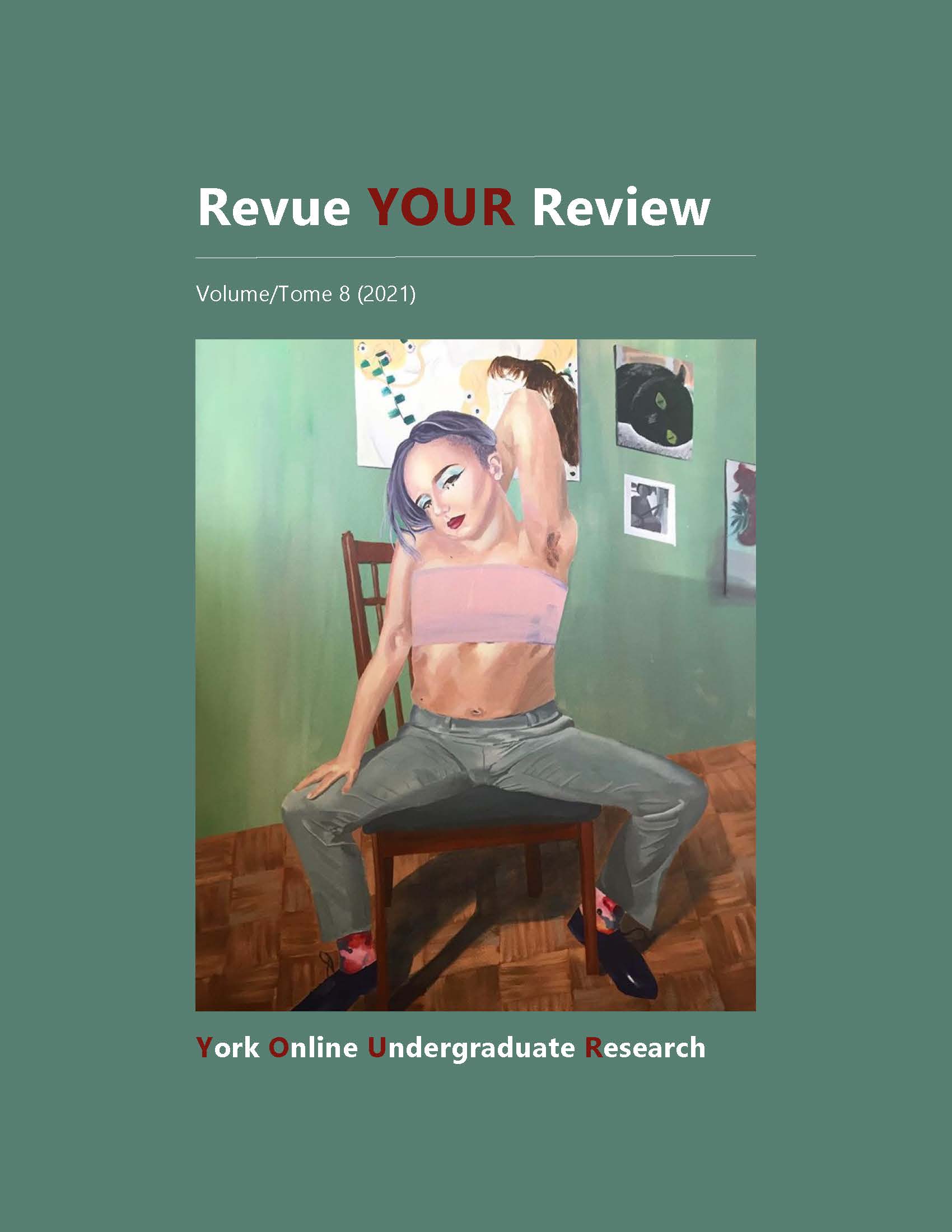How Is Africa a Neoliberal Utopia? An Analysis of God Complexes, Eden, and Development
Mots-clés :
neoliberalism, race to the bottom, race to the baton, Africa, capitalism, structural adjustmentRésumé
This paper explores the different ways that Africa is a neoliberal utopia for the Global North. On the one hand, the introduction of neoliberal ideologies into African society was assisted historically by the transatlantic slave trade and by the subsequent period of European colonialization and, on the other hand, these neoliberal ideologies are now the reason that neo-colonialism thrives in Africa. This paper uses both Walter Rodney’s How Europe Underdeveloped Africa (1972) and William Darity’s “Africa, Europe, and the Origins of Uneven Development: The Role of Slavery” (2005) as its theoretical foundations. Within this framework, I analyze the formation of Africa as a neoliberal paradise, from the historical ‘original sin’ of enslaving people to the political, social, and economic implications, both in historical and contemporary contexts. Most importantly, I offer two primary theoretical interventions to the discussion of neo-colonialism and neoliberalism in Africa today. They are the analogy of ‘original sin’ and a phenomenon I term ‘race to the baton.’ These interventions show the distinctions between the overtness of historical processes of colonialism and the contemporary covertness of neo-colonial processes that define the relationship between the Global South and the Global North.
Téléchargements
Publié-e
Comment citer
Numéro
Rubrique
Licence
© Jessica Adevor 2021

Cette œuvre est sous licence Creative Commons Attribution - Pas de Modification 4.0 International.
Les auteurs qui contribuent à la Revue YOUR Review acceptent de publier leurs articles selon une des trois catégories de la licence 4.0 : Creative Commons Attribution 4.0 International; Creative Commons Attribution-Pas d'Utilisation Commerciale 4.0 International; ou Creative Commons Attribution-Pas de Modification 4.0 International. Tout contenu éditorial de ce site ainsi que les affiches et les résumés sont sous la licence Creative Commons Attribution-Pas de Modification 4.0 International. Pour plus d’informations, veuillez voir :
https://creativecommons.org/licenses/
Dans tous les cas, les auteurs conservent leurs droits d’auteurs et concèdent à la Revue YOUR Review le droit de première publication. Les auteurs peuvent, par la suite, conclure d’autres accords de distribution non exclusifs de la version publiée dans ce périodique (par exemple, l’afficher à un dépôt institutionnel ou le publier dans un livre ou dans un autre périodique) à condition que la reconnaissance fasse mention de la publication originale dans la Revue YOUR Review.


